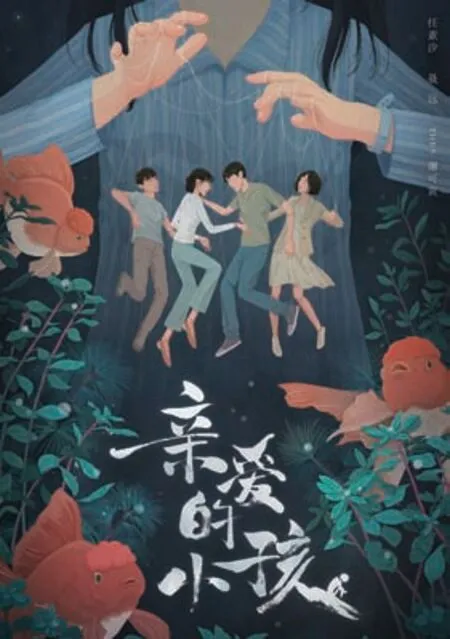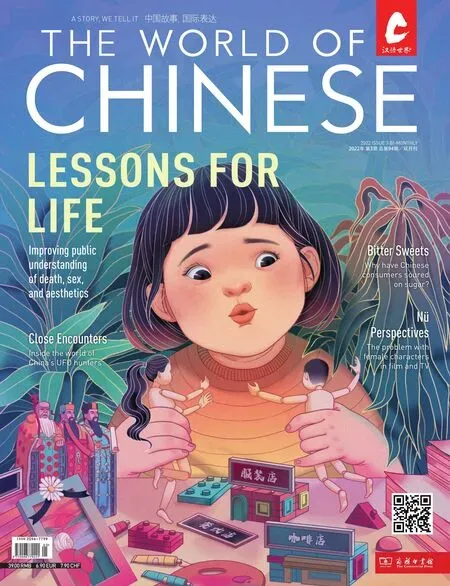MUST-SEE MOVIES AND SERIES
–ALEX COLVILLE

THE FALLEN BRIDGE
When the bones of Wen Xiaoyu’s long lost father are discovered in the concrete of a collapsed bridge, she is catapulted into a quest for vengeance, aided by a mysterious local mechanic named Meng Chao. This promises to be a dark crime thriller, full of grimy back alleys, litter-strewn riverbanks, and miserable weather. The main pull is Wang Junkai, swapping his usual boyish look as former captain of preppy boy band TFBoys for Meng’s greasy overalls. There’s been much media coverage of Wang’s attempts to get into his grimy role—losing 20 pounds, tanning his skin, and practicing repairing cars on set in advance of filming—perhaps to assure viewers that he is a serious actor of talent, rather than a big name to draw an audience. Based on mixed receptions of Wang’s acting skills in the past, let’s wait and see.

SWEET POTATO FLAVORED ICE CREAM
Slated for release on International Children’s Day, this flick promises the viewer an hour-and-a-half of pure escapism. Biubiu, a little boy from Taiwan fast-developing the habits of a city slicker, is sent to live with his grandmother in a small village on the mainland due to family problems. The rest of the plot seems to revolve around Biubiu’s attempts to fit in with the more rough-andready local kids. The gorgeous cinematography conjures a pastel-coloured wonderland out of the rice fields and woods of southern China. It’s a bold debut for director Wang Chong, who normally works on middling TV shows rather than stories for the big screen.

LEFT RIGHT (TV SERIES)
Be warned, this TV series is a slog: It’s the difficult story of a divorced couple who must have another child to cure their daughter of leukaemia. The series has earned praise from female netizens for its detailed portrayal of the distasteful side of childrearing in China, and the daily inequalities women struggle with in family life. This is subtly explored through scenarios in the couple’s lives, such as a mother-in-law serving up a placenta stew for the wife’s “health,” or the husband leaving the wife to take care of a crying baby in the middle of the night because “you can sleep during the day; I have work tomorrow.”

